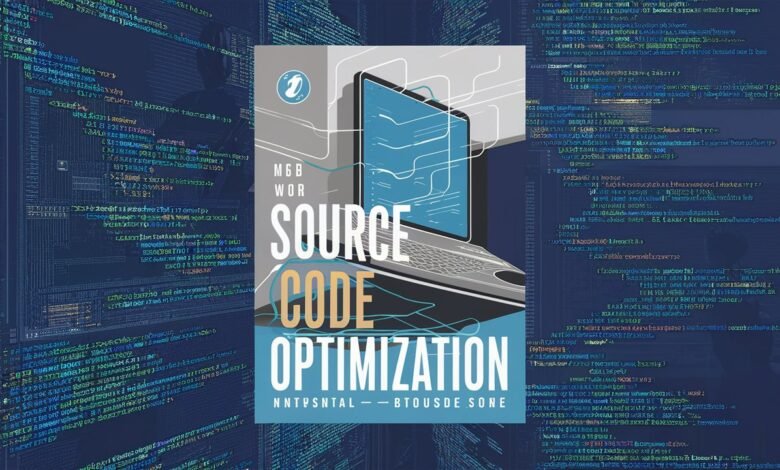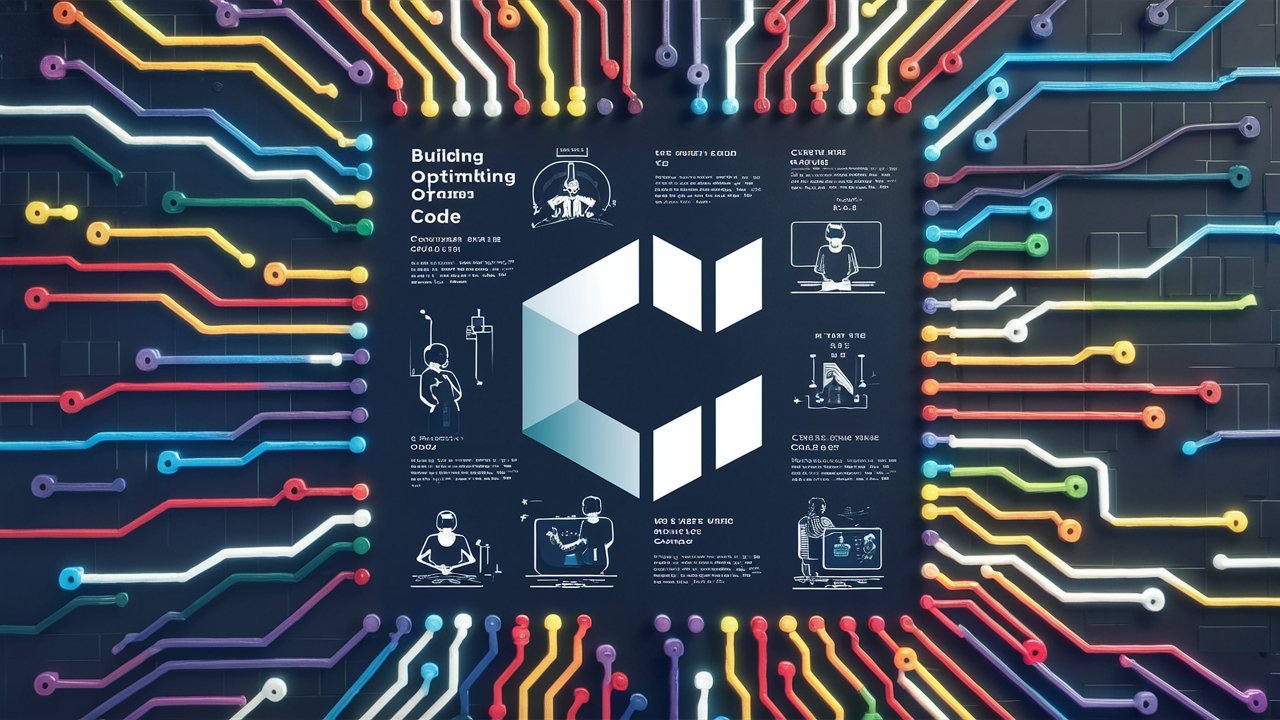SMF Compile: Complete Guide to Building, Configuring, and Optimizing Your Source Code

When it comes to working with SMF compile processes, developers often face complex challenges that require in-depth knowledge of configuration, compilation, and optimization techniques. Whether you are building from source, troubleshooting build errors, or optimizing for performance, understanding how SMF compile works is essential. This guide provides a comprehensive explanation of SMF compile, covering everything from prerequisites to step-by-step compilation and advanced optimization strategies. By the end of this article, you will have a clear roadmap for compiling SMF efficiently and without unnecessary hurdles.
What is SMF Compile?
SMF compile refers to the process of compiling Simple Machines Forum (SMF) or related source frameworks from their raw code into executable binaries or ready-to-use installations. Instead of relying on pre-packaged binaries, developers compile SMF to customize builds, optimize performance, or add unique modules and plugins. By compiling directly, you gain full control over configuration, dependencies, and runtime behavior.
Prerequisites Before Starting SMF Compile
Before starting the SMF compile process, it is crucial to ensure your system has the necessary dependencies and tools installed. Missing prerequisites are one of the leading causes of compilation failures.
-
Compiler Tools: GCC, Clang, or MSVC depending on your platform.
-
Build Tools: Make, CMake, or Ninja for build automation.
-
Libraries and Dependencies: PHP, MySQL/MariaDB, Apache/Nginx, and required PHP extensions.
-
System Packages: Ensure updated system headers, development libraries, and SSL modules.
-
Environment Variables: PATH settings must include compilers and package managers.
Having these tools ready avoids interruptions during the SMF compilation process.
Step-by-Step Guide to SMF Compile
Compiling SMF involves structured steps that ensure smooth building and deployment.
1. Downloading the SMF Source
The first step is to obtain the latest stable source release. Developers can either clone from the official repository or download the packaged source code. It is always recommended to verify the integrity of the source files using checksums.
2. Configuring the Build Environment
Configuration ensures that all dependencies and paths are aligned. Use the configure script or CMake commands to specify paths for libraries, compilers, and optional modules. For example:
This step ensures that the compiled SMF matches your target runtime environment.
3. Running the Compilation Command
Once configured, initiate compilation using make or equivalent commands:
This process translates the SMF source code into compiled binaries, creating optimized executables.
4. Resolving Build Errors
During SMF compile, errors may appear due to missing libraries or misconfigured environments. Common solutions include:
-
Installing missing PHP extensions
-
Updating outdated compilers
-
Checking permission errors during build directory creation
5. Verifying the Installation
After successful compilation, verify the installation by checking version numbers, running test scripts, and validating log outputs. This ensures SMF is functional and ready for deployment.

Optimization Techniques for SMF Compile
Beyond standard compilation, optimization techniques improve performance, reduce memory usage, and ensure stability.
-
Compiler Flags: Use
-O2or-O3for speed optimization. -
Parallel Builds: Run
make -j4to leverage multiple CPU cores. -
Static Linking vs Dynamic Linking: Choose based on portability requirements.
-
Debug vs Release Builds: Use debug mode for troubleshooting, release mode for production.
-
Security Hardening: Enable SSL support, sanitize inputs, and use secure PHP configurations.
By applying these strategies, SMF builds become faster, lighter, and more reliable.
Common Issues and Troubleshooting in SMF Compile
Even experienced developers encounter errors during SMF compilation. Some of the most common issues include:
-
Missing PHP Modules: Ensure all required extensions such as
mysqli,json, andmbstringare installed. -
Database Connection Failures: Verify MySQL/MariaDB service is active and properly configured.
-
Permission Errors: Run compilation commands with proper user privileges.
-
Outdated Dependencies: Update system packages and libraries before compiling.
Documenting and resolving these issues ensures repeatable and error-free builds.
Advanced Configuration Options in SMF Compile
For developers seeking greater control, SMF compile supports advanced configuration options.
-
Custom Paths: Direct installation to specific directories using
--prefix=/custom/path. -
Selective Module Compilation: Enable or disable specific modules to reduce bloat.
-
Cross-Compilation: Compile SMF on one platform for use on another, particularly useful for embedded systems.
-
Logging and Debugging: Enable verbose logging during compilation to catch errors early.
These options make SMF builds highly customizable and aligned with project needs.
Best Practices for SMF Compile
Following best practices ensures efficient compilation and long-term stability.
-
Always Backup Configurations before upgrading or recompiling.
-
Use Version Control to track changes in build configurations.
-
Document Custom Flags for future reference.
-
Automate Builds with CI/CD pipelines for consistency.
-
Test Extensively before deploying compiled builds into production.
By maintaining these practices, teams can avoid downtime and streamline development workflows.
Conclusion
SMF compile is more than just a technical process; it is a critical step in ensuring stability, customization, and performance for your SMF environment. With the right prerequisites, a step-by-step compilation workflow, advanced configuration, and optimization strategies, developers can achieve seamless builds tailored to their specific needs. By following best practices and troubleshooting common issues, SMF compilation can be a straightforward and rewarding process that enhances long-term project success.
FAQ
Q1: Why should I compile SMF instead of using pre-built binaries?
Compiling SMF gives you full control over configurations, optimizations, and module inclusion, allowing for better performance and customization.
Q2: How long does SMF compile usually take?
The duration depends on system resources, but with optimized parallel builds, it can take just a few minutes.
Q3: Can I compile SMF on Windows and Linux?
Yes. SMF compile supports multiple platforms, though dependencies differ between Windows (MSVC) and Linux (GCC/Clang).
Q4: What is the most common cause of SMF compile errors?
Missing dependencies such as PHP modules or outdated compilers are the most frequent culprits.
Q5: Can SMF compile be automated?
Yes. With CI/CD tools like Jenkins or GitHub Actions, you can fully automate SMF compilation for consistent builds.



